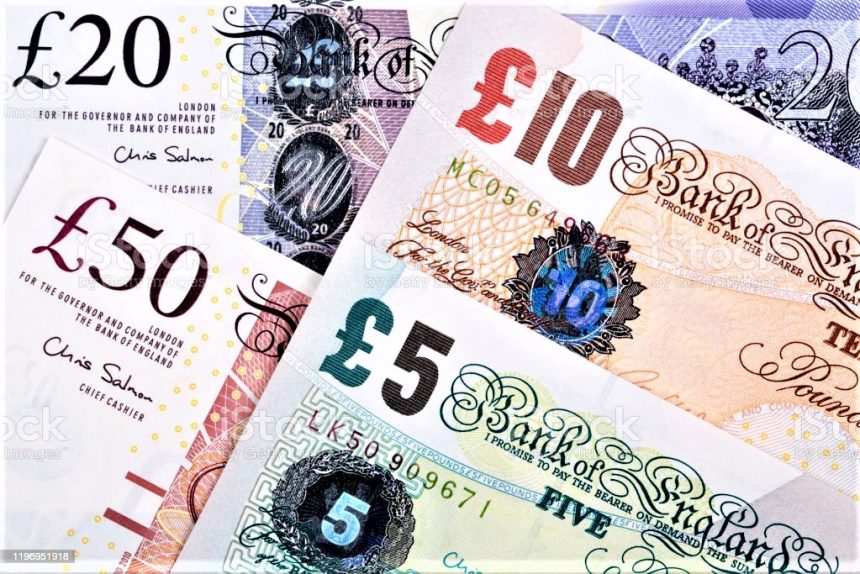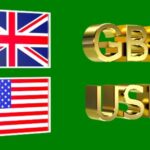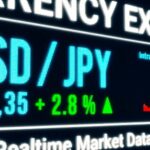Pound reached a new monthly high near 1.3000 against the USD, ahead of major economic data from both the UK and the US.
In Tuesday’s London session, the pound sterling (GBP) reached a new monthly high near the psychological resistance of 1.3000 against the US dollar (USD).
Fed Chairman Powell may announce in Jackson Hole whether the central bank would lower interest rates by 25 or 50 basis points (bps) in September.
The GBPUSD pair exhibits pure power as the prognosis for the US dollar is dismal amid firm anticipation that the Federal Reserve (Fed) would start decreasing interest rates. rates for September.
US Dollar Index (DXY), edged higher to near 102.00.
The US Dollar Index (DXY), which tracks the Greenback’s value against six major currencies, edged higher to near 102.00, although it remained close to a new more-than-seven-month low.
Sluggishness in the United States (US) economic data in July revealed that the economy is no longer hot. The labor market has cooled, and inflationary pressures are on pace to return to the target rate of 2%.
This week’s primary triggers for the US Dollar are the release of the Federal Open Market Committee (FOMC) minutes and Fed Chair Jerome Powell speech at the Jackson Hole (JH) Symposium, which are scheduled for Wednesday and August 22-24. Investors will review the FOMC minutes and the JH Symposium to determine whether The Fed will transition to policy normalization, either aggressively or gradually.
A Reuters survey conducted between August 14 and 19 found that 54% of respondents believe the Fed would decrease interest rates at each of its remaining meetings this year.
On the economic front, investors waiting for the US preliminary S&P Global PMI data for August. Which will be release on Thursday. The flash Composite PMI expected to be 53.7, down from the previous release of 54.3, indicating that the economy developed at a slower rate.
Daily Market movers: Pound Sterling climbs on predictions of the BoE’s gradual rate cut approach.
During European trading hours on Tuesday, the pound sterling outperformed its major counterparts. The British Currency transactions have firmed on forecasts that the Bank of England’s (BoE) policy-easing cycle will be slower than those of other central banks.
Despite a dramatic decrease in pricing pressures in the UK’s service sector, a frequently watched inflation gauge by BoE policymakers, the drop is inadequate to force them to aggressively lower interest rates. Services inflation fell to 5.2% in July, from 5.7% in June. However, lower service inflation has opened the door for the Bank of England to drop interest rates sequentially. According to Reuters, the market currently assigns a 37% probability to such action.
Governor Bailey of the Bank of England could unearth ambiguity about future interest rate reduction.
Investors look to BoE Governor Andrew Bailey’s address at the JH Symposium on Friday for relevant clues on the interest rate path. Investors pay close attention to what he says concerning the prospect for wage growth, as well as the extent to which inflationary pressures could rise if they resume.
Before Bailey’s speech, investors look at the UK’s preliminary S&P PMI data for August, which will be released on Thursday. Economists predict the flash Manufacturing PMI to remain unchanged at 52.1. While service sector activity expected to rise to 52.8 from 52.5 in the previous release.









